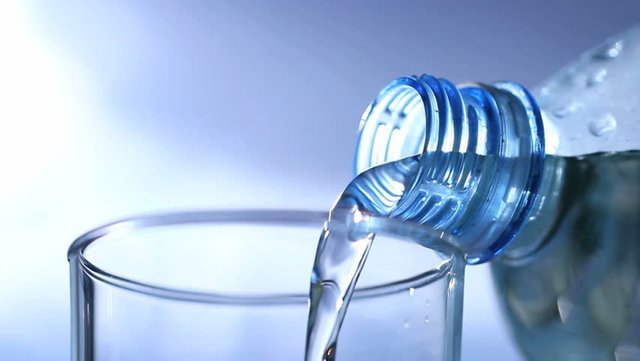
The sensation of thirst is wired to the brain. Think of it as a robot, with in built sensors
that constantly keep track of the fluid levels in our blood to maintain it. The area of concern
would be the Hypothalamus, which is highly involved in maintaining stable conditions
of the body. The hypothalamus constantly monitors the fluid
levels in our blood via sensors that sense drop/increase in blood fluid levels. Humans,
consisting of more than 70% water, need to maintain its quantity to stay healthy and
maintain normal functions. Osmoreceptors, found in the hypothalamus keeps
track of the change in osmotic pressure and control fluid balance in the body.
Once a fluid imbalance is detected, the hypothalamus tries to control the fluid balance, with the
help of an important hormone called Vasopressin. The primary purpose of vasopressin is to retain
water in the body and to constrict blood vessels. When the hypothalamus detects change in fluid
levels, vasopressin is secreted from the pituitary directly into the blood. During de-hydration,
the kidneys are forced to conserve water, which makes urine more concentrated.
Along with the conservation of water, the Osmoreceptors signal a part of the hypothalamus
(named the Median preoptic nucleus) which directly controls the craving of water/fluids. When
this happens, the urge to drink water/fluids arises and sends you seeking water.
Once you drink enough water, the osmoreceptors detect normal water levels, shutting down
the crave for seeking water/fluids. This is why water quenches thirst.
Upvote Please
Must be because we are all mainly liquid?
Downvoting a post can decrease pending rewards and make it less visible. Common reasons:
Submit
hmmm..
Downvoting a post can decrease pending rewards and make it less visible. Common reasons:
Submit